Kurdish councillor warns of dangerous moment in Syria
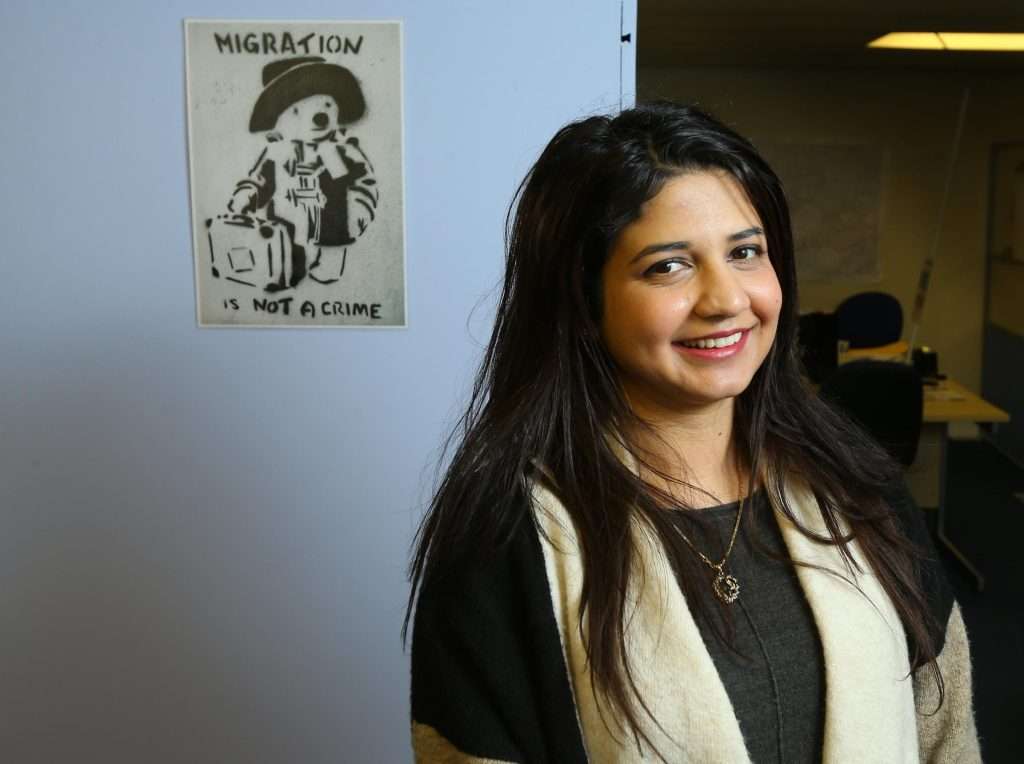
Glasgow City Councillor and Kurdish activist Roza Salih, The National
A Kurdish Glasgow councillor has warned that events unfolding in Syria mark a “very dangerous” moment for the Kurdish people in the Middle East, as the dust settles over the new regime.
Roza Salih, Glasgow city councillor for Greater Pollock and ardent human rights activist, is concerned about the future her people, and the moves made Turkey by following the fall of the Assad dynasty.
Syria’s new leader Ahmed Hussein al-Sharaa, formerly known by his nom de guerre Abu Mohammad al-Julani, is a product of Hayat Tahrir al Sham (HTS), an Islamist militant group with its origins in Al-Qaeda.
Salih said: “There are real concerns about HTS Islamist agenda and [whether there] would there be a transition to democracy! I don’t believe so.”
“I am aware of the people like Al-Nusra [al-Sharaa] who has led HTS. This rings alarm bells as he was involved in the public execution of women under the Sharia Law.”
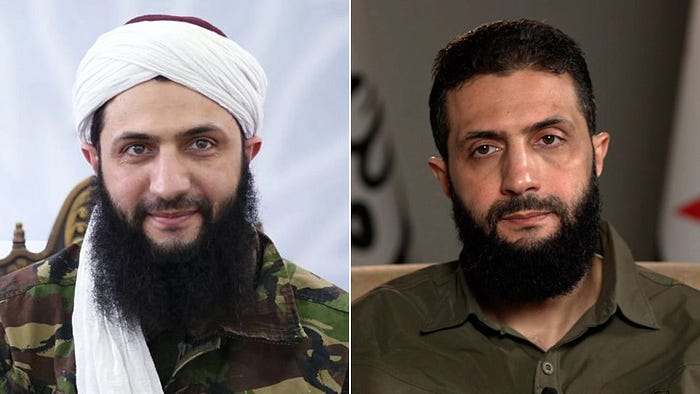
Born in Iraqi Kurdistan in 1989, Salih left her home country in 2001 to seek asylum in the UK, her family then being dispersed to Glasgow to start a new life.
Her three uncles and her grandfather were all killed by Saddam Hussein’s regime, fighting as part of The Peshmerga, the armed forces of Iraqi Kurdistan.
Salih says the Kurds had no love for Bashar al-Assad, whose administration they threw out of the Kurdish parts of Syria during the Rojava Revolution in 2012, while regime forces were tied up fighting the Islamic State in Aleppo.
She said: “Bashar Al-Asaad did not treat his people well. This goes for the Kurds and Arabs. But the Kurds were never recognised as Kurds or given documentation to state they were Kurds.”
Salih, like many, was horrified to see the scale of the Syrian regime’s prisons when they were opened up to the world by rebel forces.
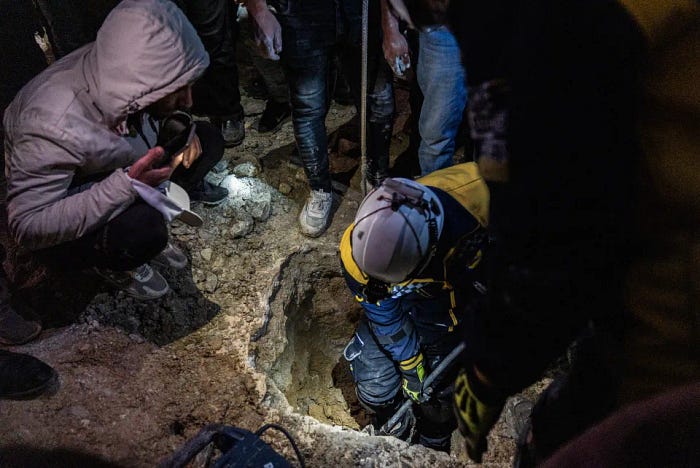
Veteran Middle East correspondent Jeremy Bowen reported in a BBC article his experience entering one of the liberated compounds, describing it as more “foul and pestilent” than the infamous prisons of Abu Salim, the former Libyan leader Colonel Gaddafi’s notorious jail in Tripoli, and Pul-e-Charki in Afghanistan.
However, while Syrians in Glasgow gathered outside the Royal Concert Hall on 8th December to celebrate the fall of the Assad dynasty, Kurds viewed the events with greater scepticism.
Salih said: “The Kurds faced many discrimination by the Al-Asaad regime. However between 2014 and 2024 the Kurds have been running an autonomous region in most part of Syria.”
“That’s almost 10 years under the ideology of democratic confederalism,” she said, referring to the Rojava Revolution.

Democratic confederalism is a political concept theorised by Abdullah Ocalan, the leader of the Kurdish militant and political group, the Kurdistan Workers Party (PKK), which has its roots in Marxist thinking.
Ocalan’s belief in an independent Kurdistan led him to initiate a bloody campaign against Turkey in 1984 with PKK, resulting in their designation as a terrorist organisation by the US in 1997, and the EU in 2002.
His eventual abduction carried out by Turkish intelligence and the CIA in 1999, led to his current detainment in Turkey, though his ideas continue to form the bedrock of Kurdish governance and armed resistance.
While Saddam Hussein was ruthless in putting down Kurdish resistance in Iraq in the 1990s, Turkey is current existential threat, with president President Recep Tayyip Erdogan warning last month that Kurdish fighters in Syria must either lay down their weapons or “be buried”, according to Al-Jazeera.
Though autonomous Kurdish territory in Syria equates to nearly a third of the country, Turkey has ominously sworn to unite the Syria — a clear threat to the numerous followers of Ocalan’s ideas, soldier and civilian.
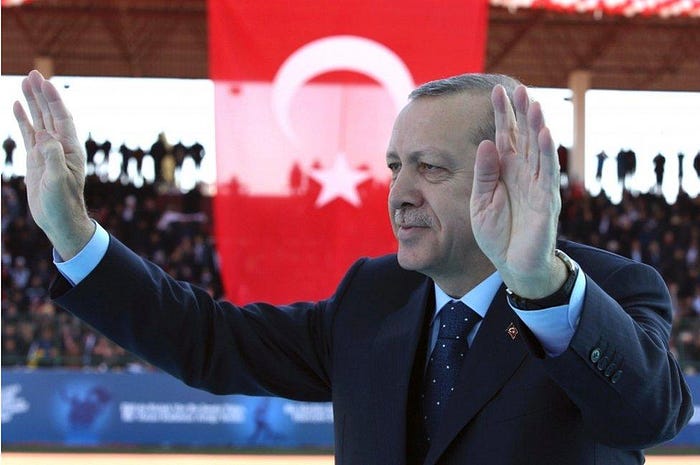
Salid said: “Turkey is pursuing its own neo-Ottoman and anti-Kurdish agenda in Syria. Turkey is visible behind HTS — giving them arms, which is worrying factor.”
“I think HTS and Turkey have the same agendas so this is a big problem for the Kurds. I do not think they want autonomy for the Kurds and want to bring the controlled region back to the centralised Damascus.”
“The Kurds of course will retaliate, as we have shed the blood of thousands of Kurdish martyrs.”
Adding to fears is the link between media coverage of the Kurdish plight and US interests in the region, proposed by Washington based think tank, the Kurdish Peace Institute.
From analysing volumes of news coverage, they conclude that English-language media only focuses on Kurdish issues when they are relevant to American politics.
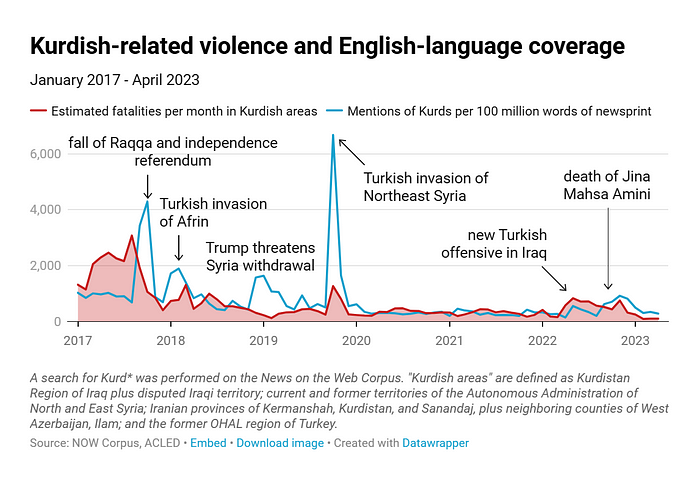
Since the Turkish offensive in Syria in 2019, where after US troops withdrew from the Syrian-US border and Turkey broke their promises by invading, Western media has largely ignored the Kurds.
Now with Erdogan a key US partner in the region, could the destruction of the Kurds happen in silence?
Salih said: “I believe many people are not aware of the Kurdish issue and uneducated on the matter. I have lived in Scotland for 24 years and still when I say I was born in Kurdistan people would ask where is that?”
“So I understand is because many people who work or influence social media don’t know about the Kurds or have their own agendas! And probably would like to say Syria is easier and better not to complicate it.
“However this is the wrong direction as the Kurds have a long history in the region and should be given the coverage they deserve.”
Want to chase the pulse of North Africa?
Subscribe to receive our FREE weekly PDF magazine












